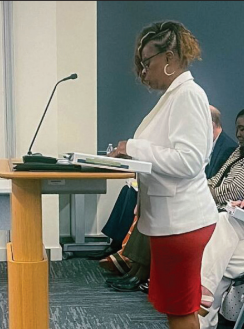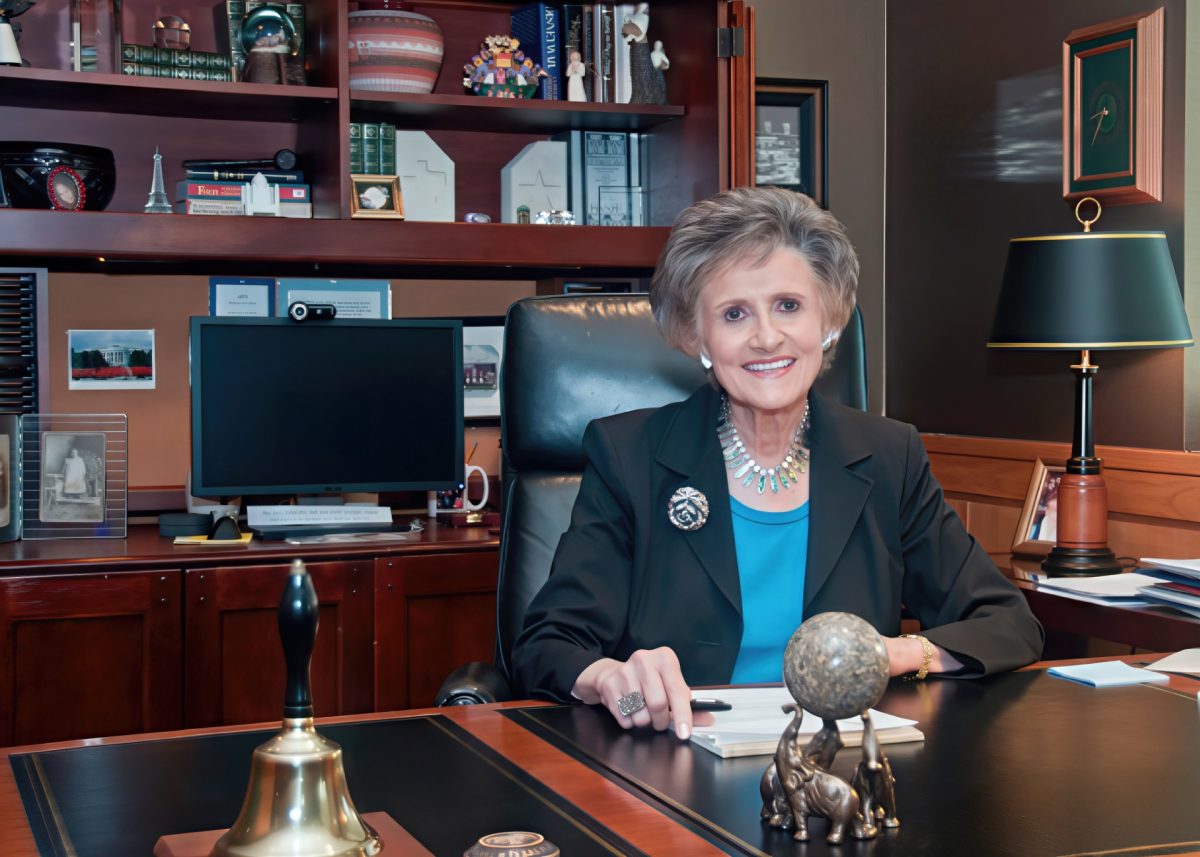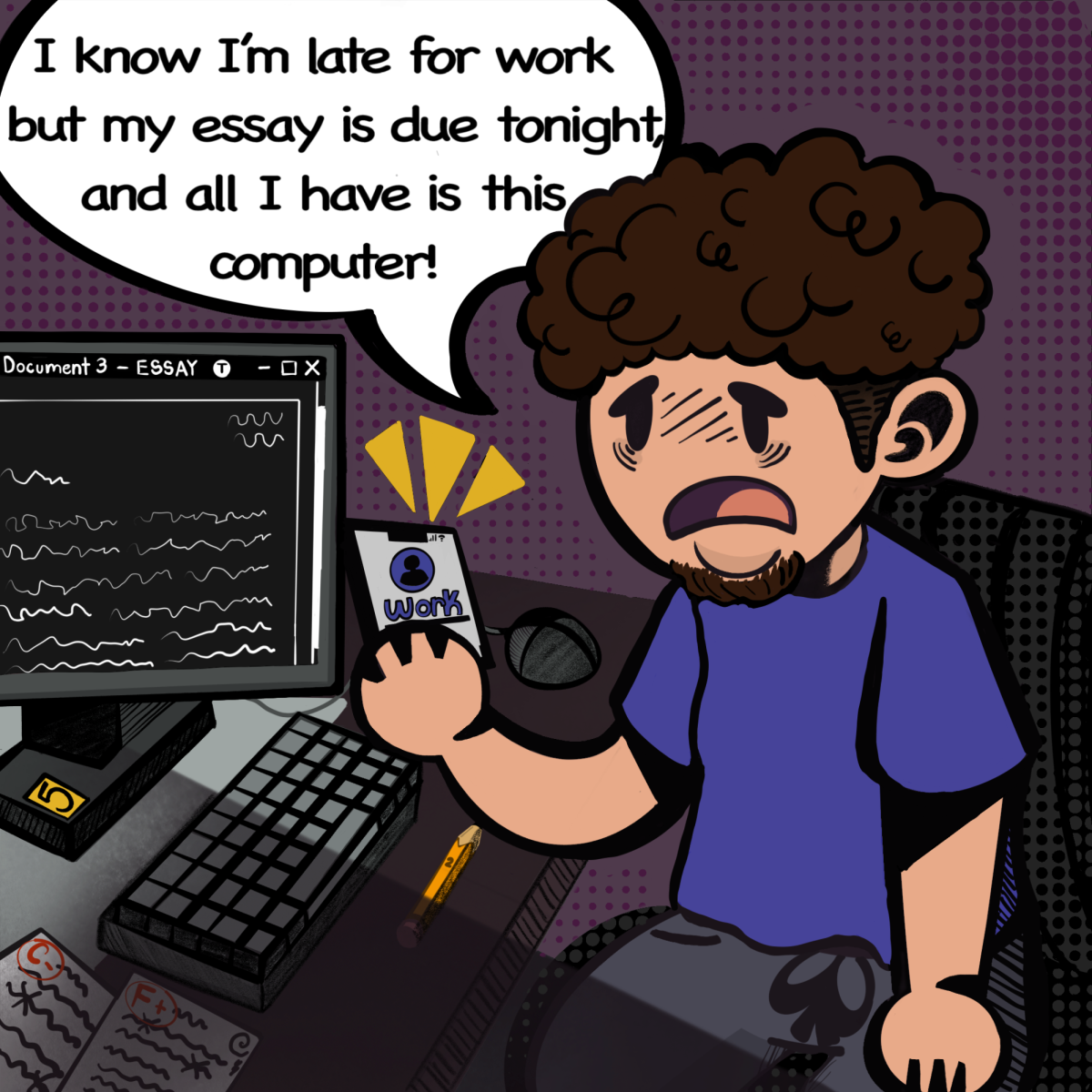By Matthew Hoaldridge/reporter
Helping women with families achieve their potential drew about 100 people to a tea and workshop on March 31 called Working in the Smart Zone.
Dr. Susan Fletcher, the author of Parenting in the Smart Zone and Working in the Smart Zone, gave the workshop. Fletcher, who has worked for television psychiatrist Dr. Phil, has a clinical practice in Plano and speaks all across the nation.
The “smart zone,” Fletcher said, is the mental state for optimal performance using intellect, emotions and behaviors, or in layman’s terms, working to the best of one’s ability.
Fletcher shared her model for being in the smart zone, a model based on trust and emotional intelligence. The model deals with managing perception, communicating, being solution-oriented, managing stress, controlling mental theater, managing change, managing mood, sustaining sanity and being likable.
Managing perception addresses how co-workers see you, Fletcher said.
“Do you want them to see you as weak, someone they can walk all over, or do you want them to see you as someone who is strong, someone who is a leader?” she asked.
Communication deals with the issue of speaking effectively.
“How many times have we all said something and really wished we’d kept it to ourselves or thought of something really good and never vocalized it?” she said.
Being solution-oriented involves making the problem part of the solution. Fletcher used the example of an employee late to work. Instead of asking why the employee was late, she said ask what can be done to arrive on time.
“Never ask ‘why’ questions when dealing with a problem because that solves nothing,” she said.
Eating right, getting enough rest and exercising are good ways to keep stress down, but it also helps to vent in some form or fashion so that your emotional load, or “bucket” as Fletcher said, doesn’t overflow to the point of exploding.
“The easiest way to manage stress is to never let your ‘bucket’ get full,” Fletcher said.
Mental theater can be the funniest but also the most important thing people can do to stay under control, Fletcher said.
She said her son went to Six Flags with some friends and was told to come home around 6 p.m. or call if he stayed later. When he wasn’t home at 6 and hadn’t called, her brain worked on all the explanations of what might have happened. While it is humorous when it happens to others, it’s not funny when it happens to you.
Many people dislike managing change, but Fletcher called it essential to living in an ever-changing world. It becomes especially important during a failing economy to keep stress levels down and stay flexible.
“Budgeting money better, not going out to eat as much — simple changes to our daily lives will help us deal with change better,” she said.






















